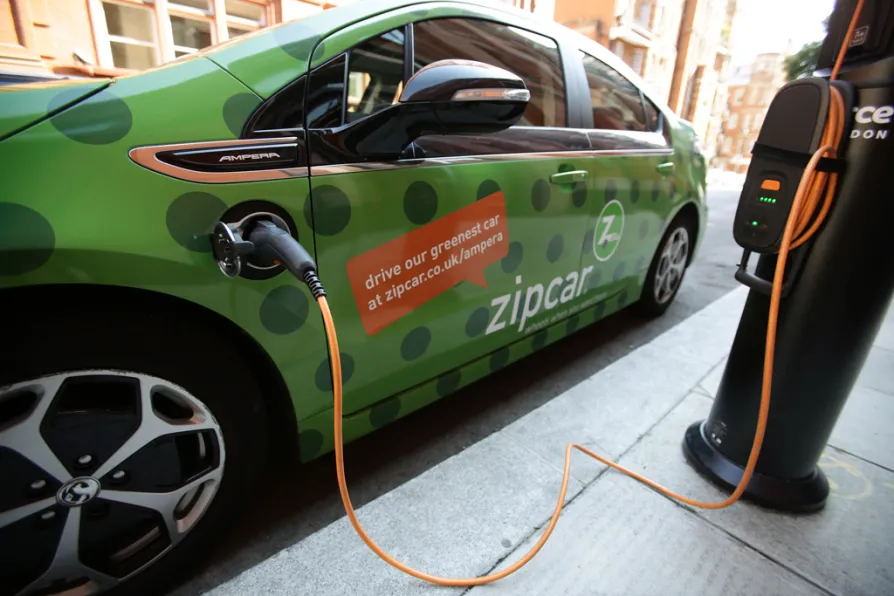Labour prospects in May elections may be irrevocably damaged by Birmingham Council’s costly refusal to settle the year-long dispute, warns STEVE WRIGHT

 An electric car charging
An electric car charging
AT the end of 2016 there were 345,000 electric buses in operation worldwide. China had 343,500 of them. By September 2018, the USA had over 1 million plug-in cars. Europe had a similar number by June the same year. In Norway, where government loans for public-sector car purchases are only available for EVs, 49.1 per cent of 2018’s car purchases were EVs.
This is the way transport is moving; from dirty to clean, from unsustainable fuels to renewables.
Not all of it is electric. Sweden’s public transport system runs on bio-gas from biodegradable, municipal waste. Germany, Italy and Switzerland are running hydrogen-powered buses or trains. In Cheshire, Alstom are preparing to convert the first 100 of Britain’s diesel locomotives to hydrogen.

From summit to summit, imperialist companies and governments cut, delay or water down their commitments, warn the Communist Parties of Britain, France, Portugal and Spain and the Workers Party of Belgium in a joint statement on Cop30

ALAN SIMPSON warns of a dystopian crossroads where Trump’s wrecking ball meets AI-driven alienation, and argues only a Green New Deal can repair our fractured society before techno-feudalism consumes us all













